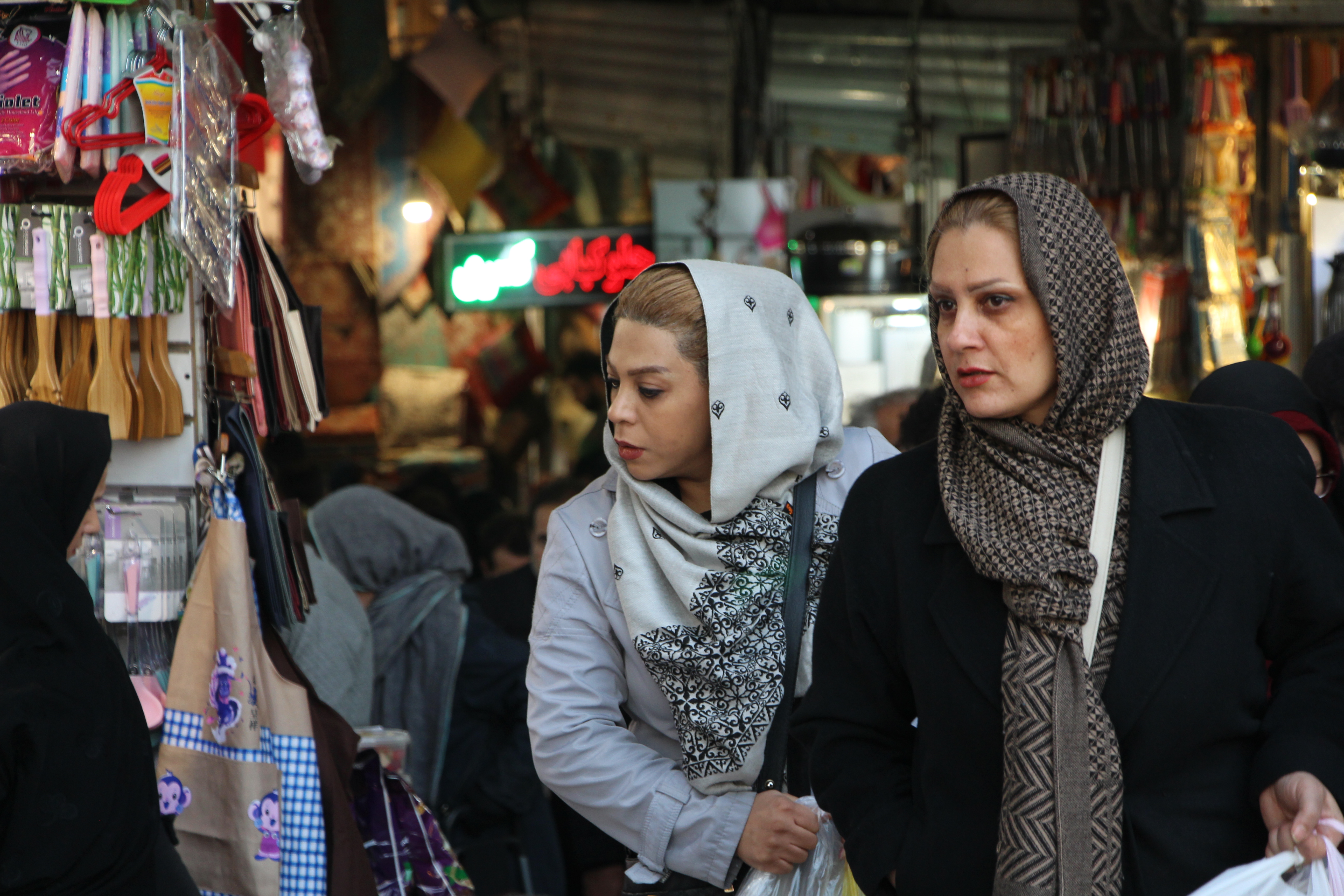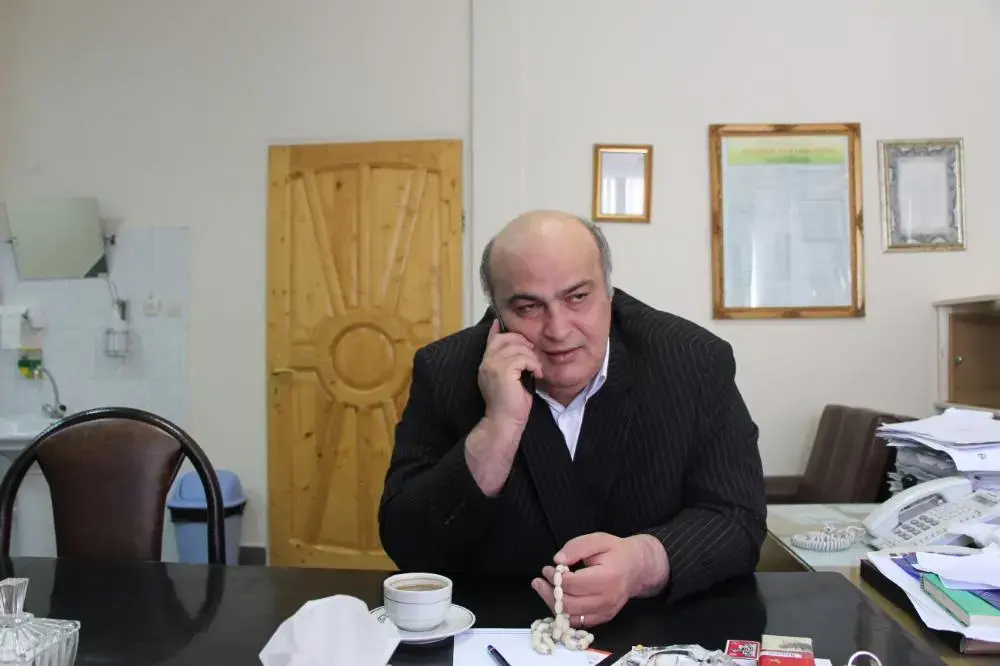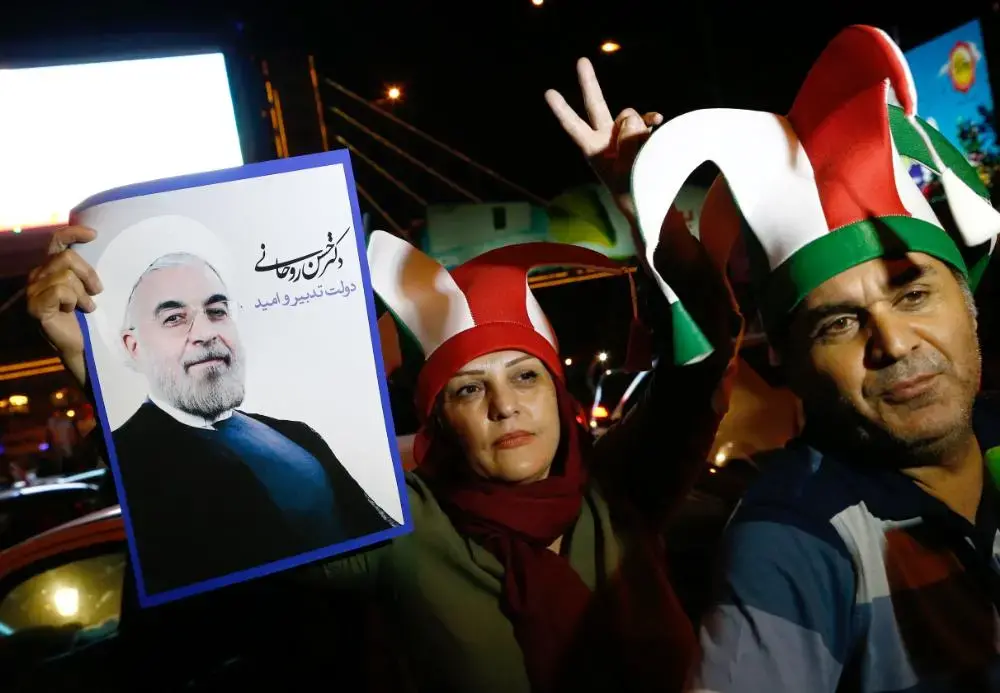The staff at the Dr. Sapir Hospital in Tehran know well the impact of Western sanctions on Iran. The 70-year-old charity hospital was founded by Iranian Jews but now mostly serves Muslims in a poor and working class neighborhood of the city.
As recently as 2013, hospital staff, pharmacists, and ordinary Iranians couldn't get certain pharmaceutical drugs except on the black market. The illicit drugs smuggled from abroad sold for as much as three times the normal price.
Sanctions aren't supposed to work that way. The US and European powers claimed to impose "smart sanctions" that only punished Iranian leaders. Food and medicine were explicitly excluded.
But as the US tightened sanctions in 2011, and particularly after America prosecuted European banks for breaking US sanction laws, financial institutions stopped accepting money from Iran altogether.
Sapir Hospital administrators couldn't even buy vitamin tablets abroad because European banks wouldn't accept its wire transfers, Dr. Siamak Morsadegh, a Jewish member of the Iranian parliament and chair of the hospital's board of directors, told VICE News.
People in upper classes, "of course did not suffer," he said because they had enough money to buy pharmaceuticals and other scarce items. Sanctions "mainly put pressure on the low and middle classes," according to Morsadegh.
But starting about two years ago, when talks between the US and Iran on the nuclear issue started up again, Iranians noticed a change in banking policy. Morsadegh claims the US passed the word to banks, and they began to accept payments for medicine.
"We had money to buy drugs but there was no way to pay," he said. Morsadegh and many Iranians complain that the sanctions had the opposite effect of what Western powers said they intended.
Nowadays most drugs "are easy to get," Somaye Zirak, head nurse at the hospital's Intensive Care Unit, told VICE News. The hospital also has much better access to medical equipment such as heart monitors, both because of loosened sanctions and because Iran started manufacturing its own medical devices.
Under terms of the accord signed in Vienna in mid-July, the US and European countries will lift all sanctions related to the nuclear issue if Iran submits to stringent inspections of its nuclear power program.
Iranians are cautiously optimistic that both sides will actually implement the accords. Thousands of Iranians celebrated in the streets of Tehran when the agreement was announced.
Medical student Merhdad Barati noted that sanctions prohibited students studying abroad from getting money wired from home, leaving some stranded and forcing others to access funds by paying high fees to money changers who operated through third countries.
Barati told VICE News that lifting the sanctions "will have positive effects on students. It will be easier for us to have connections with other countries. I think it will be easier for us to study abroad."
Barati, and most of the other Iranians who spoke to VICE News, supported the accords, saying the lifting of sanctions will help lower Iran's 14 percent inflation and 13 percent unemployment.
But others consider the agreement a sellout of the country's national sovereignty and worry that the US will find some way not to lift sanctions.
The deal doesn't allow Iran to produce enough nuclear fuel to power its one nuclear plant at Bushehr, according to Ruhollah Hosseinian, a conservative member of the country's parliament. The accord also gives the West the right to visit Iranian military bases and question nuclear scientists about alleged past bomb research, he added to VICE News.
"So what has this deal brought to the Iranian nation?" he asked. "What benefits has it brought?"
Hosseinian worries that the US and Europeans can too easily reimpose sanctions, known as the "snapback," if they don't like something Iran has done. The US insisted on the snapback as a guarantee against Iran's failure to implement the accords.
"It's like a hammer above our head," said Hosseinian. "This endangers investments. No one is going to invest in Iran."
In many ways the conservative opposition in Iran presents a mirror image of American conservatives' objections to the accord.
Conservative Iranians fear the US will use any excuse to continue sanctions. Hosseinian says the US overthrew the legitimate government of Iran in 1953, imposed the dictatorial Shah, and US policy hasn't changed much since then.
"I don't trust the United States," he said flatly.
Hosseinian and other conservatives find themselves in the minority, however. He concedes that the Iranian parliament will likely approve the accord. If both sides live up to the agreement, sanctions related to the nuclear issue could be lifted early in 2016. The US had already announced it will continue sanctions related to other issues, but Europeans are not bound by that decision.
Iranians are already considering life without crippling sanctions. Morsadegh praised Iran's good quality medical care, adding: "If the sanctions are lifted, in the field of health we will have rapid progress."
He predicted that people from Iraq, Afghanistan, Pakistan, and some Gulf countries will come to Iran for medical treatment because of the quality of care and lower costs. "Iran can become a center for medical tourism," Morsadegh said.
Vasheghani Faranani, a nurse at Sapir Hospital, expresses an optimism common these days. "The Iranian people trust both governments," she said. "We hope everything will be friendly."













